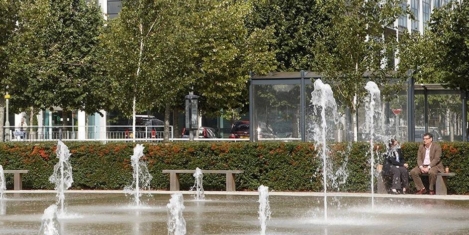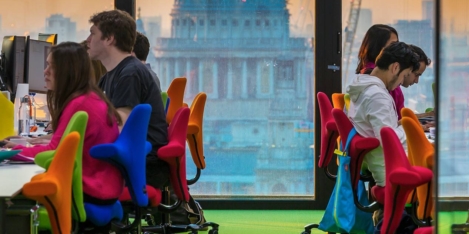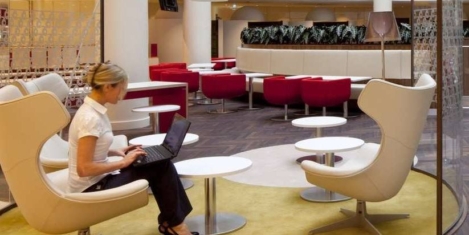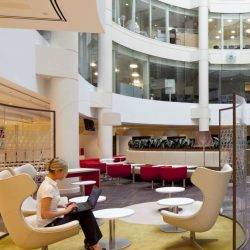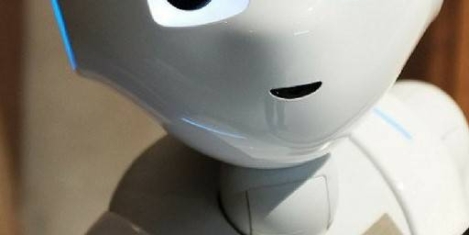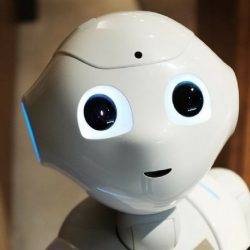April 11, 2017
More needs to be done to boost happiness in the workplace, claims study 0
A new report from Office Genie claims to identify the factors that affect the happiness British staff in the workplace. While the average level of workplace happiness for British employees sits at 3.63/5, the study of 2,000 staff claims to have found some serious causes for concern. Junior staff were the least happy in the workforce: they rank at 3.40 on the happiness scale – comparatively, business owners rank at 4.20 – a significant 25 percent higher. Of further concern, according to the report, was the fact employees with mental health issues feel unsupported in the workplace: Over half (51 percent) of such respondents believe their place of work offers inadequate levels of support. Amongst this demographic the most called-for support method is wellness initiatives, with 45 percent of people with mental health issues saying they would be beneficial – well above the overall average.








